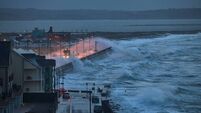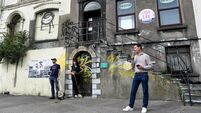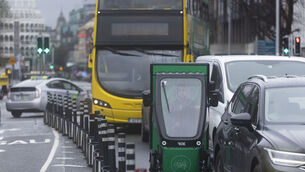Pride and prejudice: Being a Muslim in Ireland
WHILE he speaks with a smile, Ali Selim is clearly fed up of reporters constantly saying the words “Muslim” and “radicals” in the same sentence.
“It is very unfortunate that when people talk about radicalism they always think about Muslims and even worse when they talk about integration they also think of Muslims,” said Mr Selim, a senior figure in the Muslim community in Ireland.
















